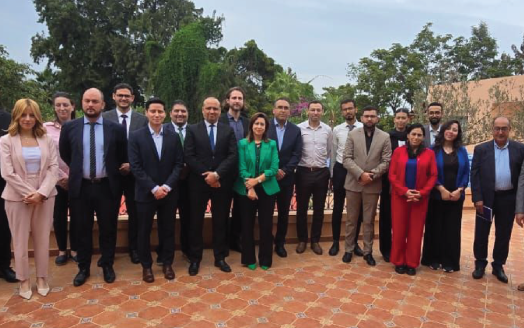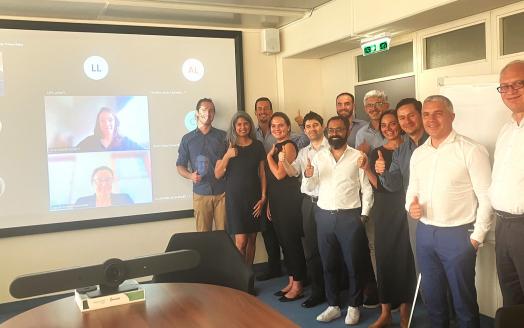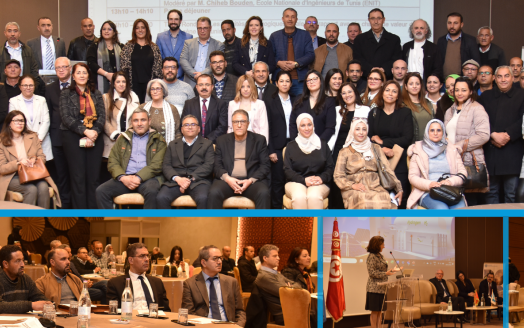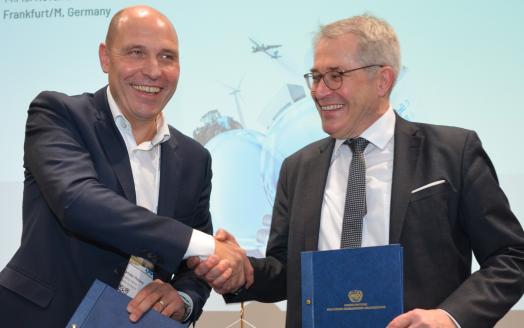Skills
Our Mission in this field
We are dedicated to assisting developing countries in preparing adequate skills and know-how to boost resilient and sustainable industrialization based on green/clean hydrogen.
Developing countries that have put hydrogen as an important component in their energy strategies need to anticipate the technical sustainability of the value chain. Human capital development is at the core of any striving economy. The hydrogen economy has the potential to create economic value and millions of jobs. Nevertheless, most of these new jobs are expected to be technically skilled. Different occupational profiles required along the value chain will need to be upskilled and re-skilled, from technicians to assemblers, to engineers, to accompanying services such as qualified maintenance technicians and certifiers, who need to be prepared to take advantage of the benefits of the hydrogen ecosystem.
To fully leverage the potential of the hydrogen economy, meet the ambitious hydrogen development targets and deliver on national and regional strategies, developing countries need to prepare upskilling and reskilling strategies to face the challenge of limited workers and skills - and training gap of today to prepare their human capacities and skills.
In addition, it’s imperative to focus on declining sectors and encourage employees to adjust/enhance their technical skills to align with the needs of the burgeoning hydrogen economy. Countries must also prioritize gender considerations in their workforce planning efforts.
Through its Global Programme for Hydrogen in Industry, and collaboration with universities, research centres, industry players, and regional and national associations, UNIDO analyses the hydrogen market needs in developing countries, collects best practices, offers guidance to member states on the development of appropriate skills and expertise, and provide educational resources and training programs on the subject matter.
UNIDO has developed a methodology to assess skills for green hydrogen. The methodology includes a skills map that contains more than 60 different occupations with more than 40 identified technical skills required across the entire value chain (production, storage, distribution, industrial use), of hydrogen. This map serves to compare against current human capital capacities in a given country, identify the technical gaps and thus allow the development of specific interventions to build capacity on vocational, educational and/or training programs required to supply the hydrogen value chain.
In this focus area, UNIDO provides support on the global as well as regional & national levels:
- Develop and apply a methodology to identify skill gaps at national and regional levels.
- Partner with industry and academia to design a fit-for-purpose training offer to tackle the most common skills gaps in developing countries.
- Share best practices on vocational educational training (VET) programs for hydrogen.
- Support countries to develop and implement hydrogen upskilling and reskilling strategies.
Based on a tailored assessment of current human capital capacities. - Support national VET programs to acquire best practices on training for hydrogen.
Highlights
Advanced Filter






